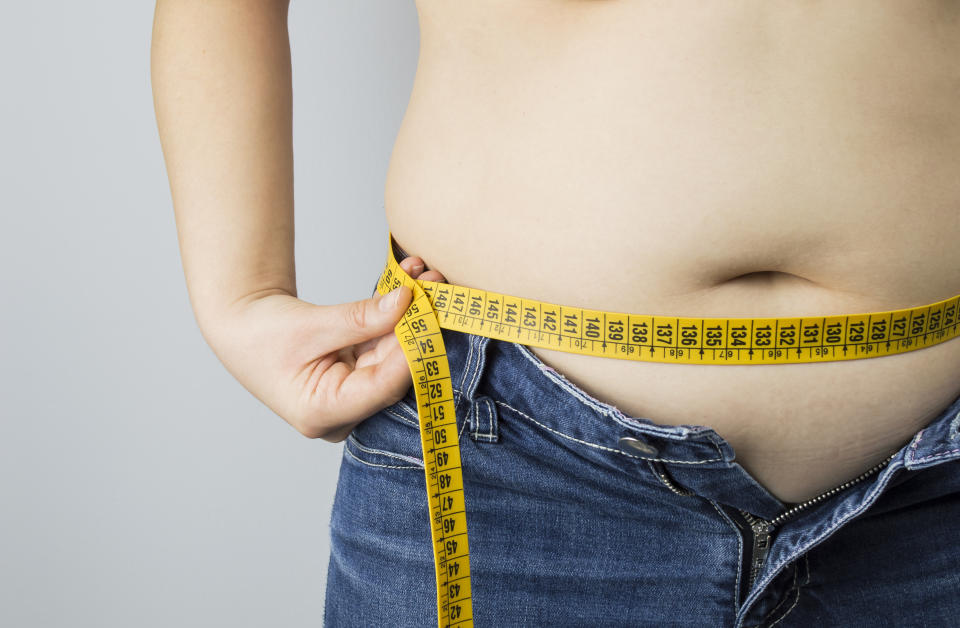Eating a big breakfast may double the calories you burn in a day

Eating a big breakfast may help you burn twice as many calories, research suggests.
Scientists from the University of Lübeck in Germany had 16 men consume a low-calorie breakfast and high-calorie dinner over three days.
This was then reversed, with the participants enjoying a hearty start to the day and a more modest evening meal.
Indulging at breakfast was found to more than double their diet-induced thermogenesis, a measure of the efficiency of a person’s metabolism.
Read more: Western diet may wreak havoc with your memory
“Our results show a meal eaten for breakfast, regardless of the amount of calories it contains, creates twice as high diet-induced thermogenesis as the same meal consumed for dinner,” said study author Dr Juliane Richter.
“This finding is significant for all people as it underlines the value of eating enough at breakfast.
“We recommend patients with obesity, as well as healthy people, eat a large breakfast rather than a large dinner to reduce body weight and prevent metabolic diseases.”
Metabolic disease is the medical term for a combination of diabetes, high blood pressure and obesity.
Read more: What does a ‘healthy food day’ look like?
Many dieters skip breakfast, despite evidence suggesting they overindulge later in the day.
To better understanding how meal times affect our waistline, the male participants were given a breakfast that made up 11% of their daily calorie intake and a dinner that made up 69% of their kcal requirements.
This was followed by a high-calorie breakfast, low-calorie dinner.
Despite an identical calorie consumption overall, diet-induced thermogenesis was 2.5 times higher when the men ate a big breakfast and small dinner.
Low-calorie breakfasts significantly increased the men’s hunger, particularly for sweets, throughout the day.

Results, published in the Journal of Clinical Endocrinology & Metabolism, also revealed the “food-induced increase of blood sugar and insulin concentrations” were “diminished” after a big breakfast compared to a hearty dinner.
Elevated blood sugar levels can be an early warning sign of diabetes.
High insulin levels can occur with insulin resistance, when cells in the body do not respond properly to the hormone.
This is considered a “driving factor” for type 2 diabetes.
Read more: 5 foods you didn’t know are 1 of your 5-a-day
As to why the results occurred, the scientists speculated “rapid morning gastric emptying” may play a role. Rapid gastric emptying occurs when food moves quickly from the stomach further in the digestive system.
Nutrient absorption may also have its own “body clock”, they added.
In England alone, 29% of adults were classified as obese in 2017, an 11% increase on the year before.
The US is also suffering, with obesity affecting 39.8% of adults in 2015/16.



